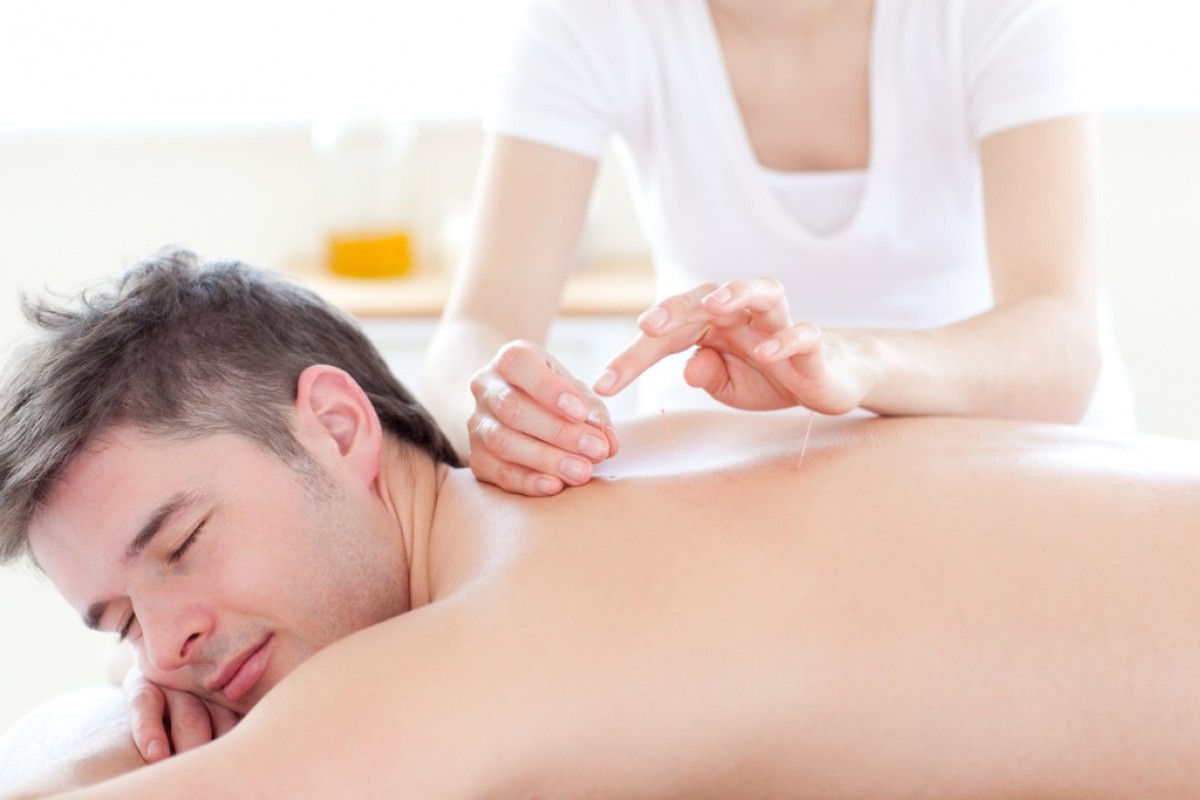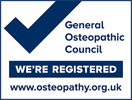Could modern acupuncture help you?

Most people are familiar with the idea of acupuncture being the insertion of very fine needles into specific areas of the body for therapeutic effect, but medical acupuncture (sometimes called “modern” or “western acupuncture” or “dry needling”) differs from most people’s understanding of acupuncture as being an ancient Traditional Chinese Medicine (TCM) discipline which works on “lines of energy” or your “elements” such as “fire, water and air”.
In medical acupuncture we have “borrowed the tools” from TCM (i.e. the needles!) and apply them to a modern understanding of anatomy, so we do not as rigorously have to follow the very specific points on the TCM “meridians”, which although documented for thousands of years by TCM do not follow anatomy as we now understand it. Another difference in practical terms is the length of time the needles are inserted; it is usually a few minutes at most, allowing us to incorporate it into your standard treatment session.
There are several common musculoskeletal conditions for which we have found it to be especially useful and therefore would commonly enquire during a treatment whether the patient would like to incorporate some needles into their treatment plan:-
-
Areas of very tight and painful muscle commonly known as “knots”, technically known as “trigger points” which can appear and cause pain in their own right, but can be part of a wider issue such as the muscle tension associated with a joint sprain in the neck or lower back.
-
Arthritic pain. There is no cure for arthritic pain but acupuncture can improve quality of life, indeed much of the research into acupuncture has focused on pain reduction from knee osteoarthritis.
-
“Tennis Elbow”. This is not in fact a problem with the elbow itself but with the muscles and tendons of the forearm.
-
Lower back pain and “Sciatica”. Relieving the tension in the lower back and hip muscles with needles can be highly beneficial.
-
And many more.
It is of course not suitable for everyone. There are safety concerns to be discussed, e.g. having a bleeding disorder may be a reason not to have acupuncture. Understandably, the idea of needles simply might not be everyone’s cup of tea, so if we felt you would benefit from acupuncture we would of course discuss this with you beforehand and obtain your consent. It is also not suitable for every condition across the board e.g. the evidence of there being benefit for sciatica associated with a disc injury is not strong enough for us to recommend needles.
We don’t treat conditions outside of the musculoskeletal system with medical acupuncture, so for help with such things as stopping smoking, fertility, digestive disorders etc. please contact your local Traditional Chinese acupuncturist, they are highly trained professionals in their field and good results in these areas can often achieved with TCM.
A common and perfectly reasonable question from our patients is “what does it do?”. The mechanism of action is however still poorly understood. There are several theories as to what happens, and the subject is under constant research, but the definitive answer has yet to be found. Nevertheless, it is well established that it is a very safe form of treatment and that musculoskeletal pain can be reduced. It is so well established in fact that it is officially approved and funded by the NHS when performed by physiotherapists and GPs (but not osteopaths or TCM acupuncturists unfortunately).
If you would like to know more about Medical Acupuncture or treatment at Bishop's Stortford Osteopathy and Physiotherapy in general please don’t hesitate to get in touch by phone, email or via the online form on the “Contact Us” page on this website.









